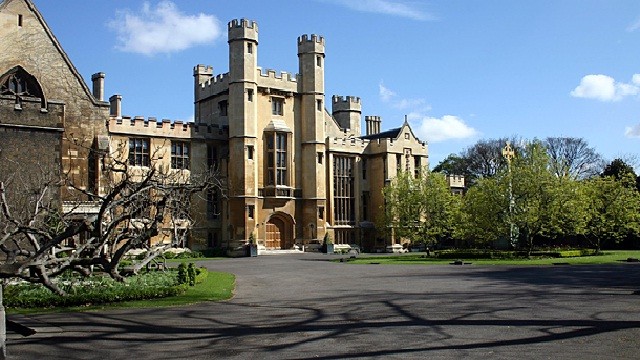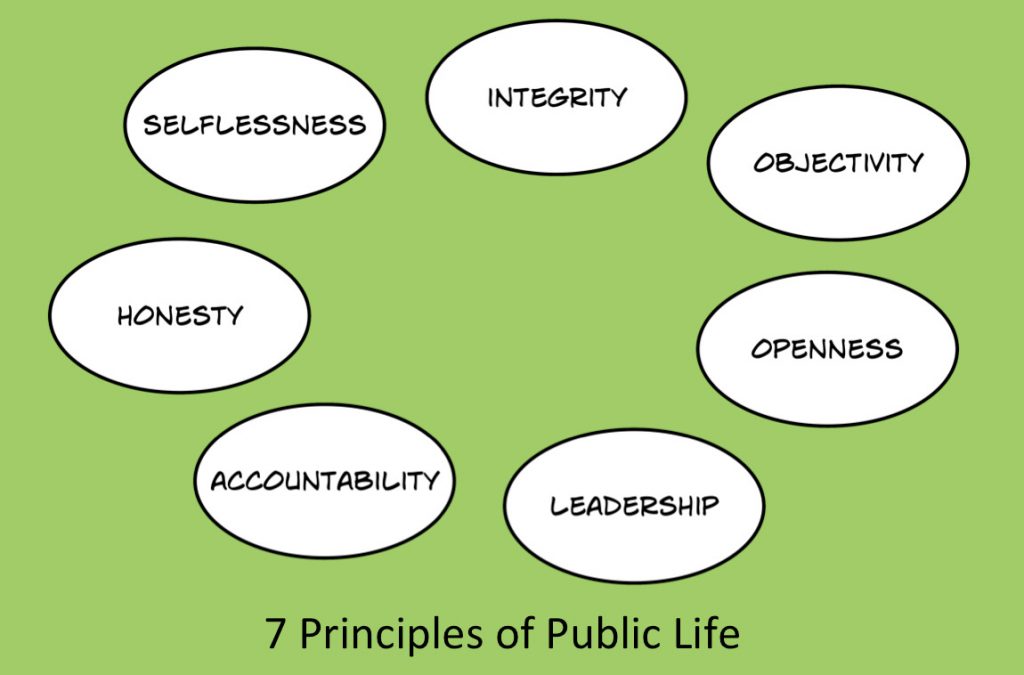
‘Heads I win, tails you lose’. This is a trick children’s game that may or may not still be played today. It certainly is a description of situations that adults find themselves in from time to time. We are faced with a scenario where every single reaction or response has drawbacks. We know we will be in a losing situation whichever avenue we follow. Whatever we decide to do, in whatever way we react, the result will be damaging to us in some way.
At this point I should be able to provide the perfect anecdote to illustrate what we can call the ‘lose lose’ situation. Issues that centre round the care of the elderly or children’s education come to mind. Should the gifted child pursue a talent for music or academic ability? Should the elderly relative go into a home where they are physically safe, or should they remain at risk living on their own but with their own things around them? These sorts of dilemma face us constantly. Every decision we make may involve some form of loss or a less than perfect outcome.
In the safeguarding context there is one classic ‘lose-lose’ situation that has been faced by many survivors over the decades. An individual is abused by a member of the church, their vicar or some other person in authority. If they are a child, they might possibly tell a parent, though it seems that the majority of such cases go unreported for years, even decades. Eventually the abused victim, by now a young adult, becomes aware that the situation was deeply harmful to them and they now need help. A further consideration may be that the perpetrator needs to be stopped from harming others. What should the survivor do? From an adult perspective, this is clearly a lose-lose situation. To tell others will likely involve activating legal processes, insurance assessors and, worst of all, challenging a Church that seems primarily interested in promoting itself as a place of honesty, love and safely. The story that the abused individual is now revealing is bound to disturb that carefully constructed narrative. It will be resisted by the idealising dynamics of the institution and its legal and episcopal guardians. Is the survivor able to stand up to this kind of resistance?
The alternative to reporting or disclosing abuse is, of course, not to say a thing. Because of all the difficulties of disclosing, many, if not most, victims/survivors of abuse do not reveal any of what they had to suffer. Some may disclose privately to a spouse or a therapist, but many more are reluctant to admit to what happened to them as a child or young person. There is not the space here to do more than hint at the damage caused by undisclosed abuse. It may wreak damage both to mental well-being as well as physical. It may damage future relationships. We have explored a little in the past about such issues as dissociative identity disorder. Here past trauma is lodged outside active consciousness. In this cut-off part of the mind, it can adversely affect the general capacity of the mind to know contentment and generally flourish. Therapies of various kinds can alleviate the effects of abuse, but if it is not faced or owned up to at all, the likely legacy is almost certainly serious and life-long.
What this post is attempting to communicate is that the abuse survivor in the Church often faces a bleak outcome. The options or choice to disclose or not to disclose both have ‘lose’ outcomes. In short, the survivor is like a child who listens to those words, ‘heads I win, tails you lose’. In this post I want to tell the story of ‘Survivor 3’, a victim of Granville Gibson, the convicted offender who served in and later became an Archdeacon in the Diocese of Durham. The events surrounding Survivor 3’s abuse took place in the 1980s but the story that is told illustrates attitudes and assumptions that are unlikely to have disappeared completely from sight even today.
Survivor 3 (I shall refer to him as A) was not in the category of a child or a vulnerable adult when the offences against him took place as a curate under the charge of Gibson. His story is recorded both in the Review written by Dr Stephanie Hill of the case and in a privately printed memoir written by A himself. As a curate in his twenties, A first became aware of problems when a parishioner reported seeing Gibson kissing a young male refugee who was seeking support. A spoke to another priest who told him that if he reported the incident, he would be ‘hung out to dry’. A then himself experienced a sexual assault by Gibson which left A confused and uncertain what to do. In a twist to the narrative Gibson then confided in A, confessing that he had a ’homosexual spirit’ which caused him to have numerous affairs across the parish. While not telling A any details, Gibson forced him into the role of an adviser, asking him what he should do. A decided (fatefully as it turned out) to go to the Bishop of the Diocese, John Habgood. It is obviously difficult to tease out all the details of the interview, but clearly it was a difficult situation for A. A major factor was the power issue, first between curate and vicar and also between curate and diocesan bishop. No records of this meeting exist. They were either never taken or subsequently destroyed. Habgood later told A that Gibson had denied the allegations. He, for his part, should stop listening to ‘vexatious gossip and causing problems’. The parishioner who had witnessed the assault on the young refugee was never spoken to.
The story goes from bad to worse. The relationship between vicar and curate deteriorated as Gibson used his power to belittle A’s personal character and professional reputation. In short, A experienced vividly the Church in full self-preservation mode. As the result of Gibson’s hostility, A soon found himself forced to resign his curacy as well as his home. It was only thanks to family and friends that he was able gradually to put his life back together. In later years A has had a highly creative ministry exploring the relevance of Celtic spirituality to the Church and new explorations of community life.
The fateful decision of A to go and see Bishop Habgood to share his problems about Gibson was a point of no return. He had suffered sexual abuse himself at the hands of Gibson and he knew that his vicar was a danger to others. What realistically did the Church expect A to do? The question has to be asked again and again as this story is shared by new generations of safeguarding professionals. It is sad that this story has publicly, through the Hill Review, placed questions over the posthumous reputation of one who latterly was a greatly admired Archbishop of York. It is clear from A’s testimony that Habgood had little insight into power dynamics in the Church. He also showed no apparent understanding of the vicar-curate relationship, let alone the dynamics involved when a young curate entered into the presence of his bishop, to whom he had sworn canonical obedience. There appears to have been no insight on the part of Habgood over the conflict of emotions for a curate to tell such a dreadful narrative. I do hope that such poor pastoral interaction with very junior clergy is no longer found among the bishops. Speaking from my own memory of that stage in my ministry, I can imagine how much courage it took for A to approach Habgood in the first place. There was nothing vexatious or gossipy about this act.
To return to the impossible dilemma of the abuse survivor. It is a case of damned if you do and damned if you don’t. The very least that the current crop of safeguarding professionals can take from the story, is a readiness to learn from it. To say that we do not do things like this any more is not enough. We have to be able to say: Yes, we have systems in place that allow a survivor to come forward and tell his/her story without ever being accused of gossip or being shamed. They should also not have to risk being re-abused in any way. Where was the pastoral support? Where was the simple pastoral imagination that could make sense of the disclosure? It was not on display then and are we sure that we have yet got things right for the future? Stories like A’s experience must be used in the teaching of safeguarding. The Church must be ready to hang its head in shame and say ‘No, this can never happen again’.












